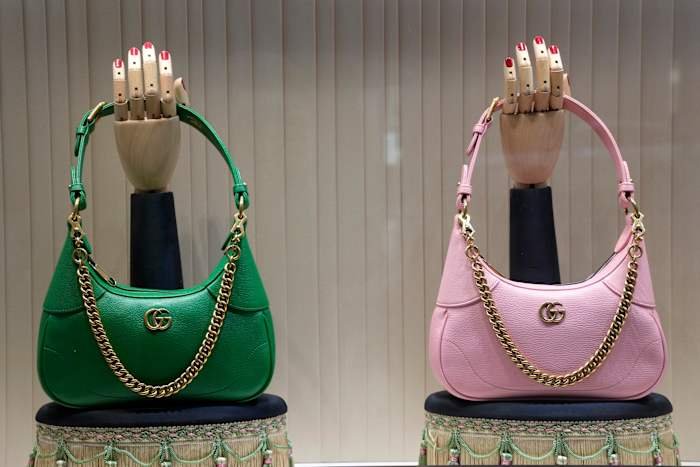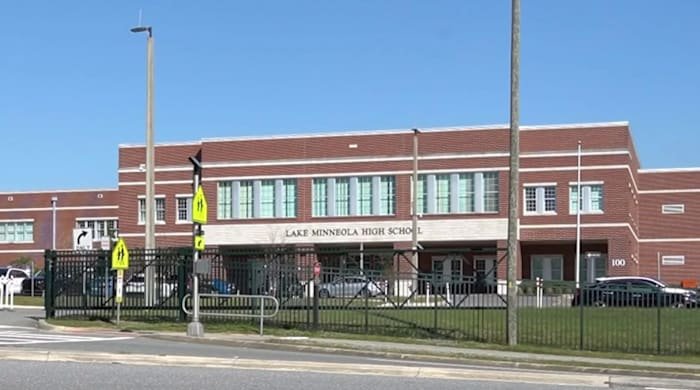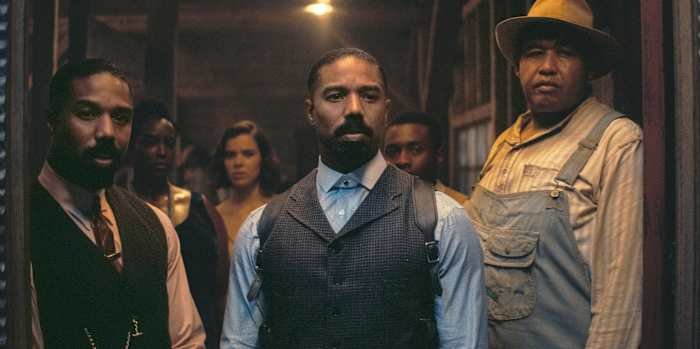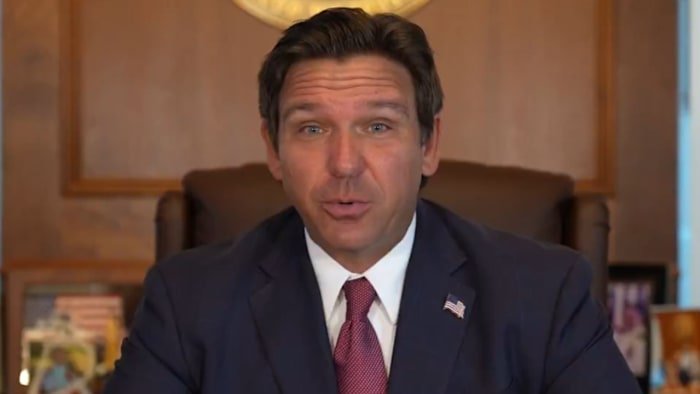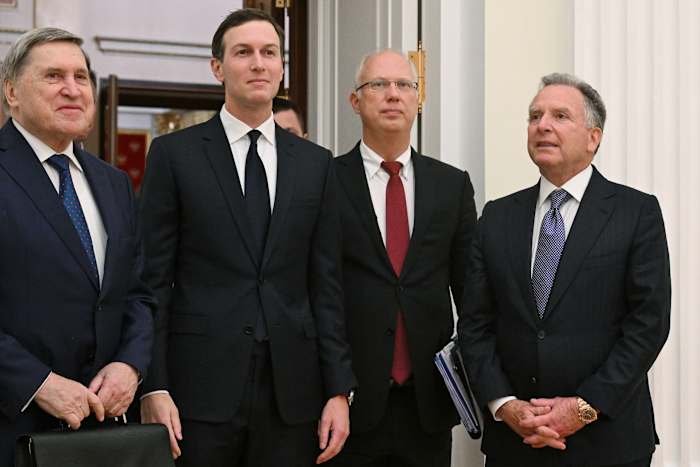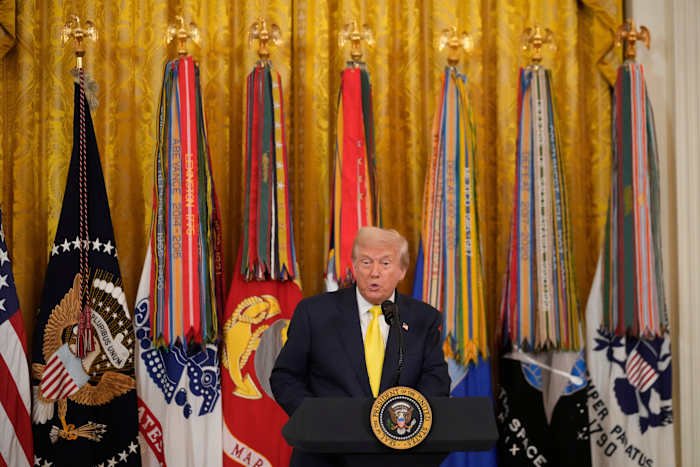Global luxury markets are bracing for turbulence in 2025, with new studies predicting a downturn in sales due to ongoing tariff threats and international conflicts. While the outlook is not catastrophic, luxury brands and retailers—including those in hotspots like Orlando—are preparing for a challenging year ahead. Here’s what you need to know about the future of personal luxury goods and how these trends could impact Orlando’s vibrant retail scene.
Luxury Sales Set to Slide: What the Numbers Show
A recent industry report has forecasted a decline in global sales of personal luxury goods by 2% to 5% in 2025. This modest dip follows several years of robust growth, fueled by post-pandemic pent-up demand and a strong global economy. However, as geopolitical tensions simmer and the threat of new tariffs looms, consumer confidence is wavering—especially among top spenders in the US, Europe, and China.
For Orlando, a city that welcomes millions of high-spending tourists annually and boasts luxury destinations from Mall at Millenia to high-end boutiques at Disney Springs, this global slowdown could translate into fewer visitors splurging on premium brands. Local retailers are already noticing subtle shifts in foot traffic and average transaction values, a trend that could intensify if global luxury spending continues its downward trajectory.
Tariff Threats: How Trade Wars Ripple Through Retail
One of the biggest uncertainties facing the luxury sector is the potential for new tariffs, particularly between the US and China. Trade disputes have historically led to increased costs for imported goods, price hikes for consumers, and disruptions in supply chains. Luxury brands—many of which rely on complex international supply networks—are particularly vulnerable.
In Orlando, where a significant portion of luxury sales comes from international tourists, especially from Latin America and Asia, the introduction of new tariffs could make high-end goods even more expensive. This might deter some visitors from splurging on luxury handbags, watches, or designer apparel during their stay. Local businesses may need to adjust their strategies, offering more exclusive experiences or loyalty incentives to retain customers amidst rising prices.
Impact of Global Conflicts on Consumer Confidence
Beyond tariffs, ongoing wars and geopolitical instability are also taking a toll on luxury markets. International travel has been disrupted, particularly in regions affected by conflict or political unrest. This has a direct impact on luxury sales, as affluent travelers are among the most important customer segments for high-end brands.
Orlando’s luxury retailers, which depend heavily on both domestic and international tourists, could see fewer big-spending visitors from certain countries. Moreover, the general atmosphere of uncertainty may encourage even local consumers to be more cautious with discretionary spending, delaying or forgoing major luxury purchases until the global situation stabilizes.
Adapting to a New Luxury Landscape in Orlando
Despite these challenges, experts agree that the luxury market is far from collapsing. Brands are already pivoting, focusing on digital experiences, personalized services, and exclusive events to maintain customer loyalty. For Orlando, this could mean more VIP shopping nights, collaborations with local artists or influencers, and enhanced online shopping options tailored to both residents and tourists.
Additionally, the city’s status as a top travel destination may help cushion the blow. Even if overall spending dips, Orlando’s luxury sector is likely to remain resilient compared to less-visited areas. Retailers can further protect their bottom line by diversifying their offerings—perhaps by spotlighting local designers or sustainable, made-in-Florida luxury goods that appeal to increasingly conscious consumers.
Looking Ahead: Opportunities Amid Uncertainty
While 2025 is shaping up to be a challenging year for luxury sales globally, Orlando’s unique blend of tourism, hospitality, and retail could help the city weather the storm better than many. By staying agile and responsive to consumer trends, local businesses have the opportunity to not only survive but thrive in a changing luxury landscape.
Experts suggest that those who innovate—whether through technology, customer experience, or product diversification—will be best positioned to capture the loyalty of discerning shoppers, even in uncertain times.
Conclusion
While the new study points to a slowdown in global luxury sales amid tariff threats and wars, Orlando’s luxury retailers and shoppers remain well-placed to adapt. By embracing change and focusing on what makes the Orlando experience unique, the city’s high-end market can continue to shine—no matter what challenges lie ahead. What do you think about the future of luxury shopping in Orlando? Have you noticed changes in your own shopping habits? Leave a comment below and join the conversation!

